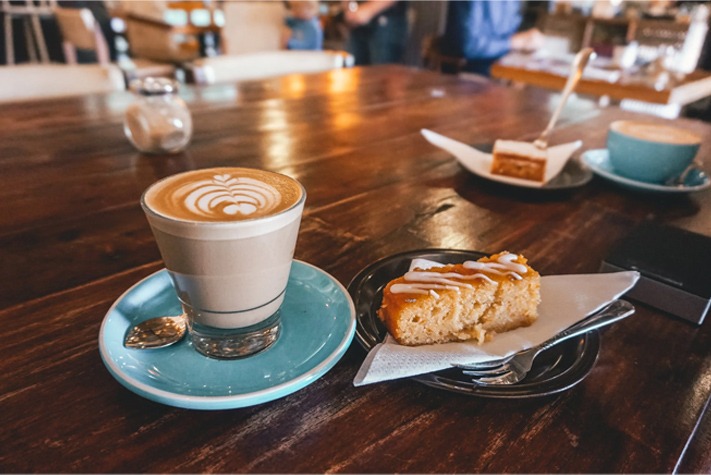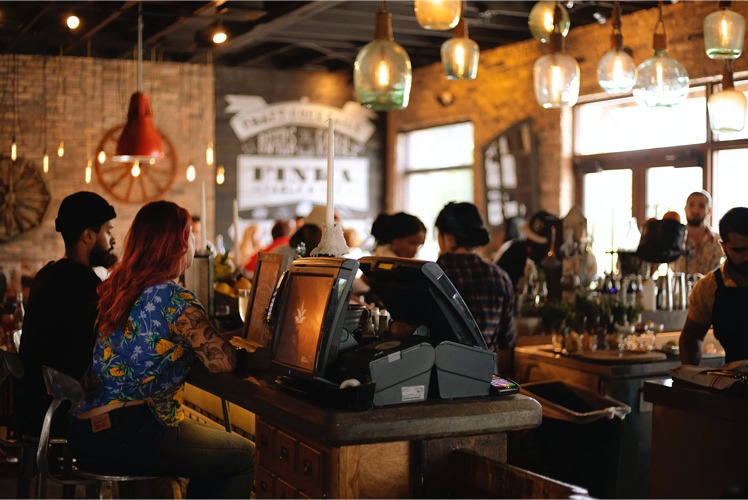


Did you know? Haiti, the country dubbed the poorest in the Western Hemisphere, was once one
of the largest suppliers of the world’s coffee? That’s right! Coffee has been an important part of
the country’s history and economy for several centuries.
Beginning in the early 18th century, the French brought the coffee plant to the colony, then
known as Saint-Domingue. The cultivation of coffee began in Haiti in the 1730s, and by the late
1700s, the French colony that would become Haiti grew half of the world’s coffee and was the
most profitable colony on the planet; its riches built on the backs of half-a-million slaves from
Africa. When Haiti became the world’s first independent Black nation in 1804, the newly
independent nation lost an essential connection to the world coffee market. The resulting effect,
its alienation as a substantial source of international demand for Haitian coffee.

Although it never regained its status as a leading global supplier, the coffee sector in Haiti has
remained alive nationally, supplying natives of the land taste and aroma that no other place can
provide. Those fortunate enough to have had the experience of waking up to the smell of fresh
coffee roasting in the countryside of Haiti, accompanied by the chants of nearby roosters
peeking through their windows, will tell you that Haitian coffee is not merely a drink, but an
experience. An experience rooted in culture, rhythm, history, and pride. With its scarcity in
international markets, nostalgic members of the Haitian diaspora across the world have been
longing for the taste and smell of the coffee they grew up on for many years. Indeed, Haitian
coffee, with its rich, yet sweet taste, unique aroma, its smooth texture, and overall mellow
profile, is like no other.
Coffee remains the second most popular drink in the world, second only to tea. According to
Wikipedia, over 2.25 billion cups of coffee are consumed in the world every day. In recent
decades, socially-aware coffee lovers have turned their attention to specialty coffee. Specialty
coffee refers to exceptional quality coffee, both farmed and brewed to a standard significantly
higher than average.
With this rise in demand in the specialty coffee sector, and the demand from Haitians in the
diaspora, Sherly Masse, an avid coffee lover and Haiti native saw the tremendous gap in the
presence of Haitian coffee in the US marketplace, and decided to take matters into her own
hands. What started as several unsuccessful attempts to find the organic coffee she grew up
with in Haiti, morphed into Meishell Café LLC, a company committed to reintroducing the world
to the magical and exotic taste that once made Haiti a leading coffee supplier in the world.
Sherly founded Meishell Café out of a deeply rooted passion for coffee and for the love of her
homeland, Haiti.
Before launching in 2018, the Meishell Haitian Café team led extensive research to identify
those coffee farms in Haiti that yield outstanding products such as Arabica and Green Coffee
beans, which are widely used in espresso beverages. The company then partnered with local
roasters using meticulous packing practices to ensure the freshest product would be delivered
to consumers’ palates all over the world. Following the research and development phase in
summer 2018, Meishell Café began importing coffee from Haiti to Boston, New York and
Florida. This was the first world’s first taste of the exotic and unique product of Meishell Café.
The company experienced early success with customers raving about the premium quality. “The
past year Meishell Coffee has been my go to drink. I am sold on the premium quality coffee at
such a good price.” One customer raved. With Meishell Café’s model of outsourcing all the labor
and products from farming, to roasting, to packaging to Haiti, the company is helping to boost
the Haitian economy by creating jobs in the country. Meishell’s coffee is committed to changing
lives both in Haiti and in the diaspora one cup at a time.

Haitian coffee has deep roots in Haitian history. The metropole was once prosperous thanks to
its exotic coffee, and for more than a century, countries profited from its riches at the expense of
our ancestors’ free labor and lives. This time, Meishell Café is building back the Haitian coffee
sector, and reintroducing it to world, in a way that benefits the people of the land one cup at a
time.
If you have been craving the taste of home, or have never tasted the goodness that is Haitian
coffee, Meishell Café is here to bring the taste and smell of Haiti to you wherever you are. Visit
the company’s website to learn more about the company, and how you can get your hands on
what’s in our humble opinion, the best coffee you will ever taste



 ">
">
Recent Comments